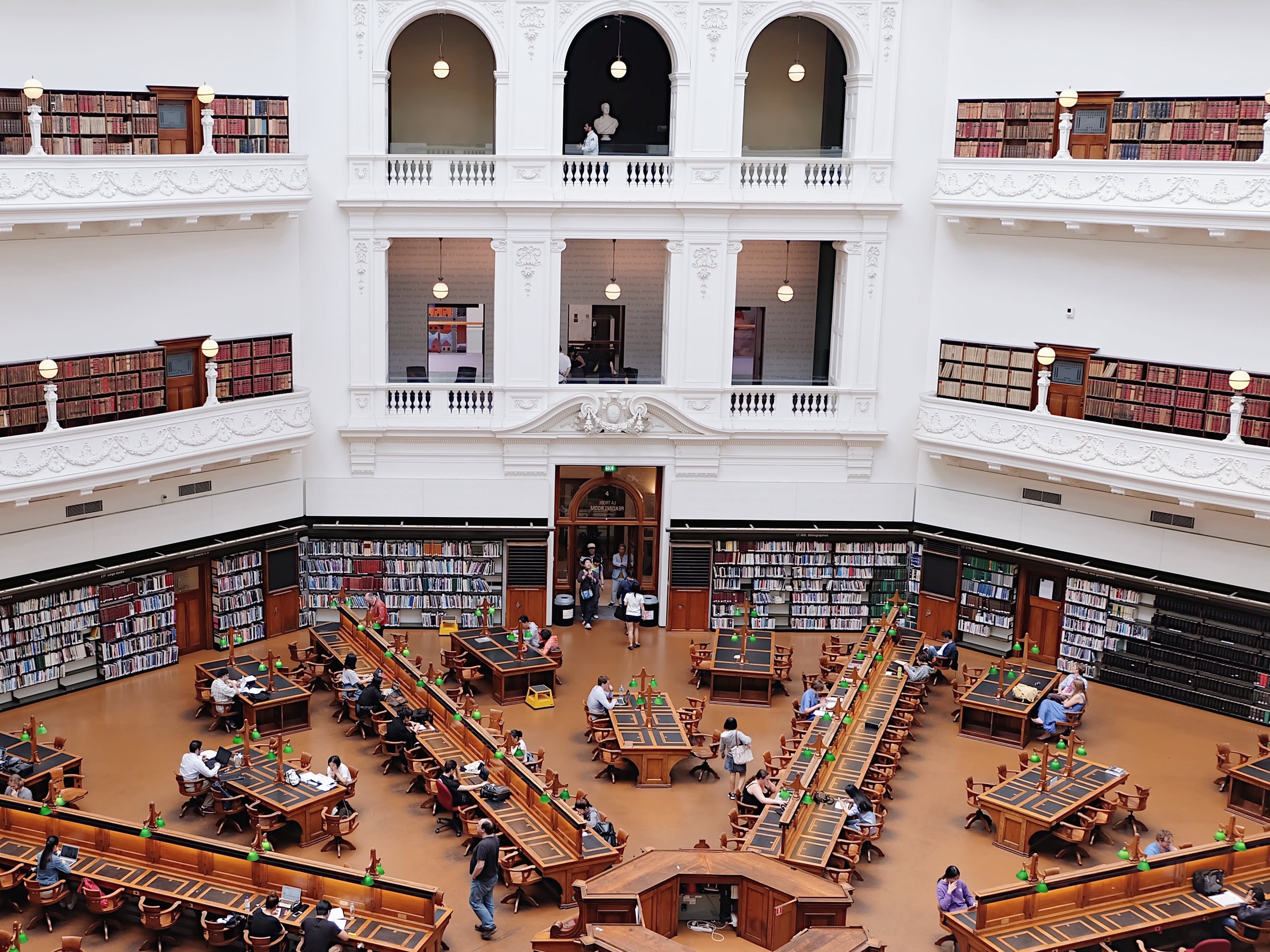Living in Belgium on a student budget: Costs and tips
Learn how to prepare your budget to study in Belgium and save money as a student.
Angelina
Belgium’s in the top 20 most expensive countries to live in. So it’s only fair that you’re curious about the living expenses in Belgium for international students.
In the end, living in any Belgian city is as expensive as you make it. But to help you prepare a realistic student budget, we’ll share money-saving tips and estimates of your monthly expenses such as:
- groceries
- transportation
- leisure
- accommodation
- health insurance
- and SIM card subscription

Is Belgium cheap for international students?
While Belgium is one of the most expensive countries to live in, studying here is relatively affordable. For example, a non-EEA student pays €835 – €8,000 per academic year in Belgium versus €6,000 – €20,000 per year in the Netherlands. Plus, public transportation and insurance for students are cheap in Belgium and you’ll be able to benefit from various student discounts.
You can also get a part-time job next to your studies to get some extra income and boost your resume for your future employment in Belgium. As a 20-year-old student in Belgium, you can make a minimum of €9.87 per hour. But keep in mind that, if you’re on a student visa, you can only work for a maximum of 20 hours per week during the school semester.
How much money does a student need to live in Belgium?
As an international student, you’ll be spending on average between €873 – €1,370 per month in Belgium. This estimate includes your housing costs, study materials, food, transportation, health insurance and leisure.
| Type of expense | Average monthly cost |
|---|---|
| Educational materials | €40 – €60 |
| Accommodation | €340 – €600 |
| Health insurance | €8 – €10 |
| Local SIM contract | €15 – €30 |
| Public transport | €20 |
| Groceries | €250 - €350 |
| Leisure | €200 – €300 |
| Total | €873 – €1,370 |
If you’re going to live in a popular city, like Brussels or Antwerp, then expect the cost of living to be on the higher end. If you’re going to live in a smaller city, like Liege, your monthly expenses could be a few hundred euros less. Though, of course, you know better how much you spend. So, don’t forget to adjust the numbers to your lifestyle.
Tuition fees in Belgian universities

Tuition fee is one of the largest chunks of your yearly expenses. It is paid in advance for the whole academic year. The amount you’d pay differs, depending on where in Belgium your university is located.
In Flanders, the costs for your program are calculated by the number of ECTS (credits) it includes. The standard number is 60 ECTS per year.
This is what you can expect to pay at a Dutch-speaking Belgian university in 2024-2025:
- Belgian and EEA students: €979.60/year
- non-EEA students: €979.60 – €8,000 (depending on your program)
In Wallonian universities, EEA students pay a set fee while tuition fees for non-EEA students depend on their nationality.
Here’s what you’d pay at a French-speaking university in Belgium in 2024-2025:
- Belgian and EEA students: €835/year
- non-EEA students: €4,175/year or €835, if you're from one of the least developed countries
In Brussels, you’ll find both Dutch and French universities because it’s the only bilingual city.
Scholarships in Belgium
The best way to reduce the financial burden of studying is to get a scholarship. Look at the university’s website to see if you’re eligible for any financial aid.
Popular student scholarships in Belgium include:
- Master Mind scholarshipsfor international master’s students in Flanders.
- Belgian American Educational Foundation Fellowships for US citizens moving to Belgium to pursue their graduate studies or research.
- VLIR-UOS scholarships for students from developing countries who wish to study in Flanders.
- ARES scholarships for advanced bachelor’s or master’s degree students from developing countries who wish to study in Wallonia or Brussels.
Student accommodation in Belgium

Housing will make up the biggest portion of your monthly living expenses. But your housing costs will largely depend on the Belgian city, the popularity of the neighbourhood and the type of accommodation you choose.
For example, rent prices in Brussels are generally 22% higher than in the nearby student town of Leuven. But if you zoom in to specific neighbourhoods of Brussels, you’ll realise that prices can vary greatly within the city too. While you can snatch a nice room in Schaerbeek for €450, it might prove difficult to find a place for under €550 in Ixelles.
Whether you're exploring student-friendly accommodation in Brussels, Liège, Ghent or Antwerp , pay attention to what’s included in the monthly price. You might have the utilities included or you have to set up utilities yourself. Take the time to find the best offer by using a comparison websites like energyprice.be.
Here’re the average monthly housing costs in Belgium:
| Monthly expenses | Average monthly cost |
|---|---|
| Room in a shared apartment (kot) | €340 – €600 |
| Studio | €500 – €780 |
| Utilities | €90 – €180 |
Besides rent and utilities, you’ll have to pay a deposit worth 1–3 months’ rent on top of the first month’s rent. You’ll get that money back after you move out.
Most students in Belgium prefer to share an apartment with other students to save money on rent and utilities. Though this can be a great way to make friends and reduce household chores, sharing a living space isn’t for everyone. So if you’re more of a lone wolf and don’t mind paying more, you can look for a studio instead.
Most houses in Belgium are rented out unfurnished, so you’ll have to buy the furniture yourself when you move in. While IKEA sells relatively affordable furniture, you can save even more money if you buy your furniture second-hand. If you’re lucky, you can snatch some pretty unique items at a flea market or thrift shop!
Health insurance costs for Belgian students

EEA students who don’t have an EHIC valid for the whole duration of their stay must register with the Belgian health insurance fund. Depending on the fund, you’ll pay a quarterly membership contribution of €21 – €25.
Non-EEA students must register with Belgian health insurance in the 'student' category once they arrive in Belgium and pay a legal contribution fee of €55 - €66 per quarter. Once you’ve got your residence permit, you can change your registration to the ‘resident’ category. Unless you earn an income in Belgium, no legal contribution fee is due. But you must register with the Belgian health insurance fund and pay a quarterly membership contribution of €21 – €25.__
Public transportation in Belgium for students

Public transportation in Belgium is relatively affordable, unless you use it frequently. For example, if you bought a 1-hour ticket of €2.10 – €2.60 every day, you’d spend around €63 by the end of the month. So we recommend you get a bike instead.
Some cities offer discounts on public transportation subscriptions for students. If you’re aged between 18 – 24, you can get a season ticket for unlimited travel with tram, bus and metro in Brussels for only €12 a year.
If you’re under 26 and you commute to your university from a different city, you can also get a good deal with the Student Multi (Campus) train ticket.
Saving money on groceries

Belgium’s notorious for steep grocery prices. So that’s where you should really try to be resourceful. In general, you can expect to spend €250 - €350 per month on your groceries in Belgium.
While your dietary and cooking choices have an impact, choosing a cheaper supermarket to buy groceries from can make all the difference. Try to shop at Lidl, Aldi and Colruyt and pay attention to weekly discounts. Also, farmers’ markets offer relatively cheap local veggies and fruits. And you’ll likely get a good deal at the end of the day, before closing.
Most Belgian universities offer affordable food in the cafeteria. You can often get a decent hot meal for only €3 - €7! And, if you live with roommates, eating together and sharing your grocery bill will help to significantly reduce your day-to-day expenses.
Leisure and nightlife for students in Belgium
As a student in a popular Belgian city, you’re likely to spend around €200 – €300 per month on entertainment. Within that budget, you’d be able to occasionally have a few glasses of Belgian beer in a bar, eat out at inexpensive restaurants and go clubbing every other weekend.
Look out for student discounts and happy hours in your city and always have your student ID on you. Cinemas, like UGC and Cinema Galeries in Brussels, offer reduced tickets for students and those under 18 years old.
Some museums and galleries have free admission for everyone. For example, in Brussels, you can appreciate art for free at La Patinoire Royale and Maison des Arts. And if you go to museums frequently, consider getting the museumPASSmusées. For €59 per year, you can visit over 220 Belgian museums at any time.
Hot Tip: Sometimes you can snatch tickets for cultural events in Brussels with a good discount if you select ‘last minute tickets’ on visit.brussels agenda.
Here’s an overview of prices for leisure and entertainment activities in Belgium:
| Type of expense | Average price |
|---|---|
| Coffee / soft drink / regular beer (25 cl) in a café | €2.50 |
| Filter coffee (specialty coffee bar) | €3 |
| Meal at inexpensive restaurant | €15 |
| Imported Beer (0.33-litre bottle) | €5 |
| Nightclub entrance | €10 |
| Museum ticket (student fare) | €5 |
| Cinema ticket | €11 |
| Monthly gym membership | €33 |
Money-saving tips for international students in Belgium
As an international student, your cost of living in Belgium will be around €873 – €1,370. To make sure your budget is on the lower side of the estimate follow these cost-saving tips:
- live in a shared apartment in a less popular neighbourhood
- compare providers to find the best deal for energy and water
- check if you’re eligible for a scholarship or study grant
- register with the Belgian health insurance fund in the ‘resident’ category
- get around your city by bike
- buy groceries at discount supermarkets and stay on top of weekly discounts
- eat at the university cafeteria
- make use of happy hours and student discounts, and always have your student ID on you
This article is for informational purposes only.
Please reach out to content @housinganywhere.com if you have any suggestions or questions about the content on this page. For legal advice or help with specific situations, we recommend you contact the appropriate authorities.
Related articles
In this article
Moving to Belgium?
Find accommodation in cities across Belgium. Book the place of your dreams from verified landlords even before relocating!
Start my Search

